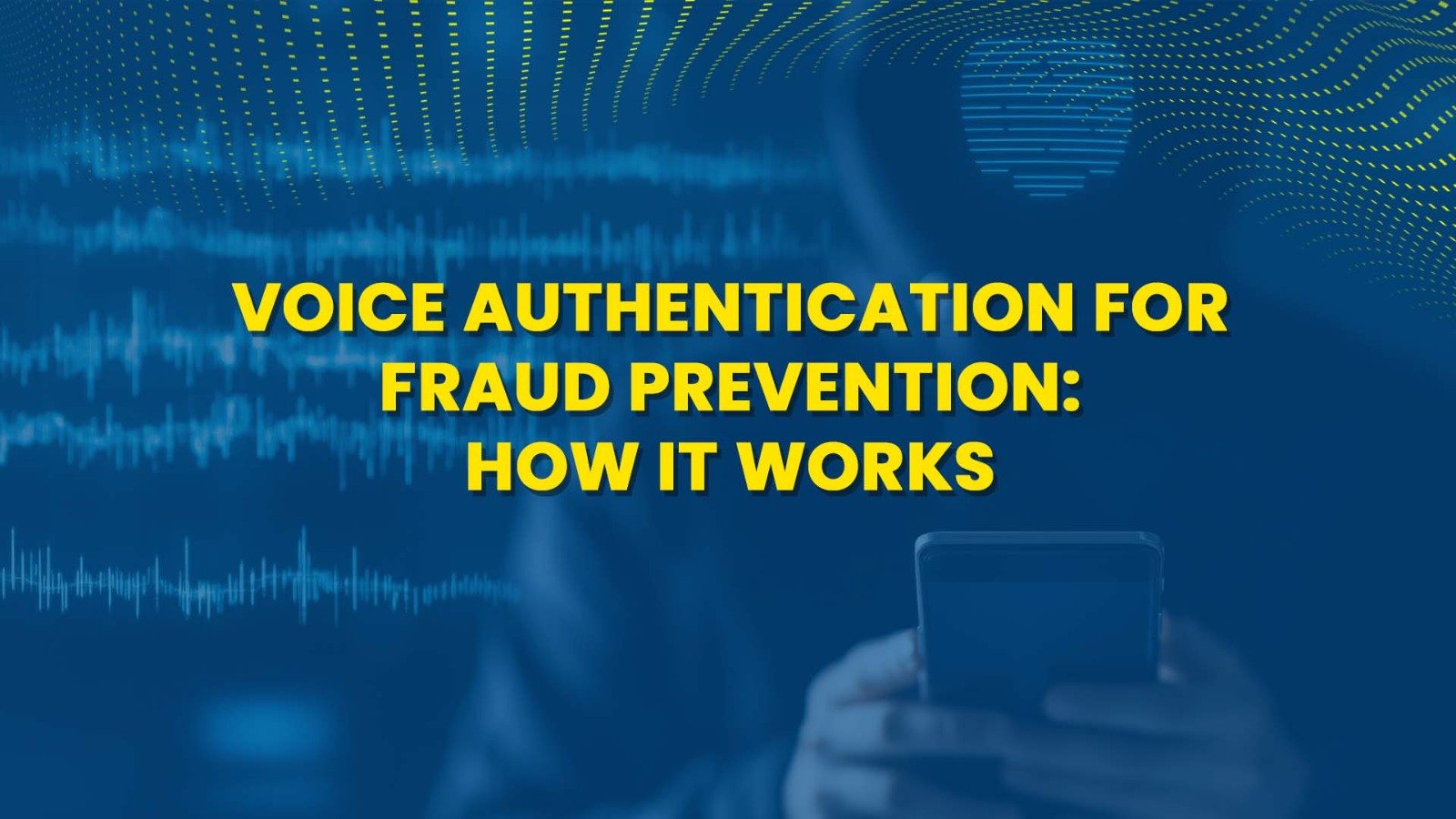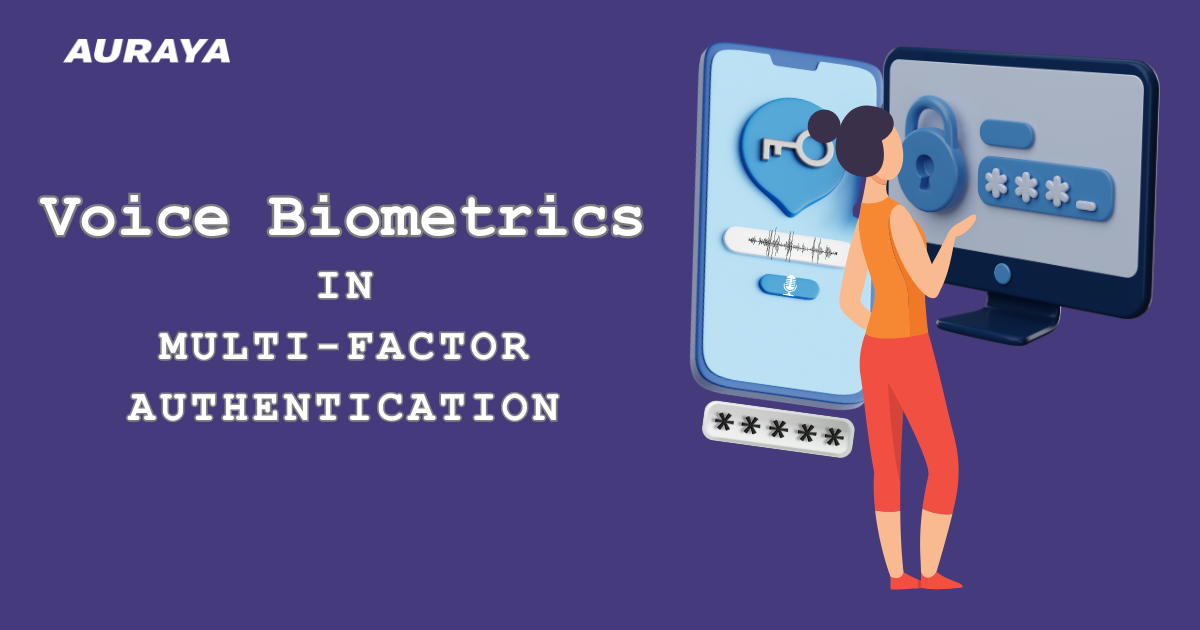The Rise of Digital Identity and Mobile Devices
The future of the digital age is fast steering towards a frictionless and mobile experience. In a recent online survey by IDology Inc., findings show that adults in the United States express stronger acknowledgement of digital identity with the increase in mobile phone numbers and email addresses being an important part of personal identity.
IDology Inc. recently conducted an online research survey amongst adults over the age of 18 in the United States. The survey generated 1,499 respondents between January 29 and February 11. The survey findings depicted an interesting trend in the acceptance of digital identities. Of these respondents, 51% believe that their mobile phones are an important part of their identity, a 21% increase. Additionally, 47% believe that their email addresses are an important part of their identity, a 9% increase. Traditional identifications such as passports (51%), addresses (51%), date of birth (72%), driver’s license (79%) and their social security number (85%) come out on top.
What’s more intriguing is that many adults are preferring mobile devices over computers or laptops. In 2018, 71% of users in the United States used computers or laptops when signing up for online accounts, while fewer used mobile phones (41%) and tablets (20%). This year, only 56% of users used computers or laptops (15% decrease), while 61% of users used mobile phones (20% increase) and 22% used tablets (2% increase).
An increase in mobile device usage coupled with the increasing trend of acceptance of digital identity puts added stress on the quality of digital user experience and security. Survey findings show that, in the last 12 months, 37% of users (83 million adults) in the United States abandoned an enrollment process due to difficulty or lengthy duration.
Further, the issue of poor user experience only represents one roadblock. Trust is another roadblock that many users face. As our identity becomes more digital and threats from fraud multiply at a growing rate, successful implementation of a frictionless and mobile digital service relies heavily on trust and level of security. In Australia Post’s white paper, ‘A frictionless future for identity management’, convenience, user control and fraud mitigators were considered to be the three most important aspects of implementing frictionless identity management.
Creating a seamless user experience and enforcing high-level security features such as multi-factor authentication ensures these aspects are implemented. Here at Auraya, we develop next-generation voice biometric capabilities that focus exactly on these two needs. Our voice biometric capability, ArmorVox™, allows clients to implement voice biometrics into their solutions. Amongst many other functions, ArmorVox™ gives its customers the ability to use their voice to enroll and verify their digital identity online while using any preferred mobile devices. Through our machine learning algorithms, enrollment duration can be significantly reduced, while providing a new layer of security.

















